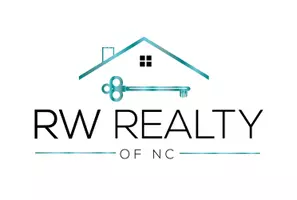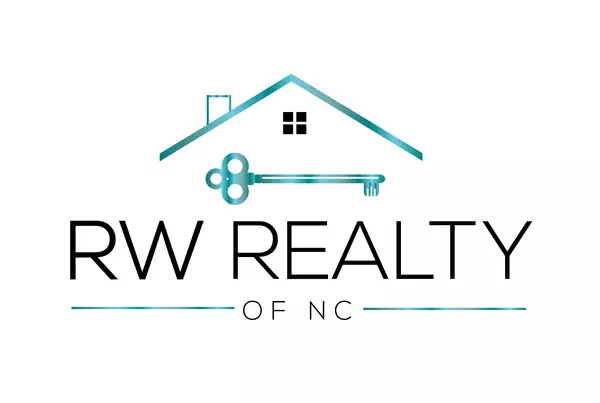Top Tips for First-Time Homebuyers in Wendell, NC
Are You Wondering How to Navigate Buying Your First Home in Wendell, NC?
Buying your first home can be both exciting and overwhelming. If you’re asking, “What do I need to know as a first-time homebuyer in Wendell, NC?” you’re not alone. With the right guidance, this process can be smooth, rewarding
Your Guide to Buying a Home for the First Time in Wendell, NC
Are You Ready to Buy Your First Home in Wendell, NC?
Buying a home for the first time is an exciting milestone, but it can also feel overwhelming. If you’re considering purchasing a home in Wendell, NC, you likely have questions: What’s the process like? How do I find the right home? What makes Wen
Selling a Home in a Slow Market: Why Patience and Trust in Your Realtor Are Key
The real estate market is ever-changing. Sometimes, homes sell within days of hitting the market, and other times, it may feel like the process drags on. Selling in a slow market can test even the most patient homeowners, but it’s important to understand that a slower market doesn’t mean your home w

